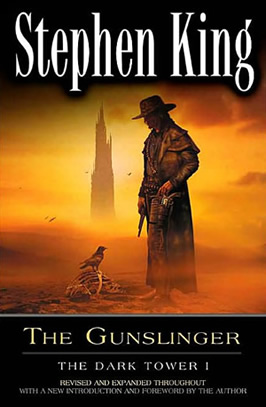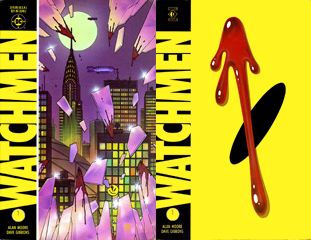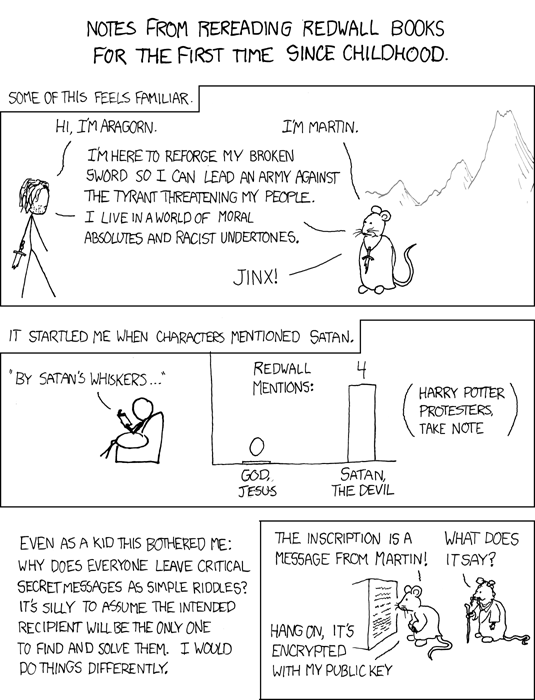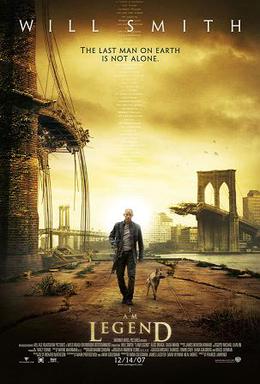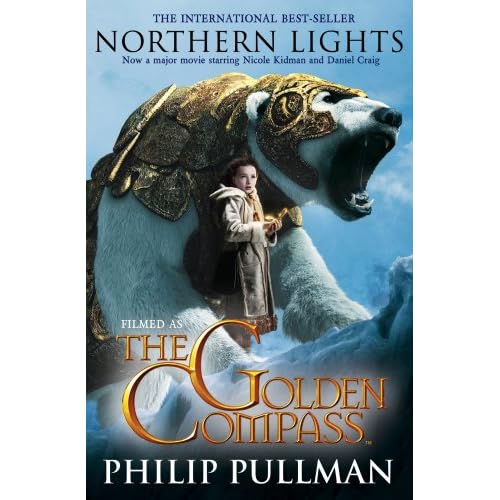Love is a far more potent emotion; more virtuous, more universal, more identifiable, particularly for a hero us audience members wish to be, than revenge.

So it is not with the remake of Clash of the Titans. In which Perseus, Demi-God and son of Zeus, raised as a fisherman, finds himself in Argos to buy a new deckchair and sunshade set- no wait... finds himself in Argos and suddenly orphaned when Hades kills his family as collateral damage during the cull of some of Argos' soldiers.
The main story is elaborated with the overt tell: "Andromeda is more beautiful than Aphrodie and actually, you know what? We are the Gods" by Andromeda's mother, Cassiopeia, so that Hades appears again to wreak revenge against Cassiopeia and set the main story in motion - sacrifice Andromeda to save Argos. We've already had the Gods discussion on this issue. The duplication is a waste of screen time.
In the original it was enough for Cassiopeia to declare Andromeda as more beautiful than Andromeda. The petty jealousy of the Gods was enough to establish their want for revenge on Argos for the slight, but here in the new one the layering of reasons to exact destruction and damnation on the Argives.
That's issue 1. And it leads right on into Issue 2. The Gods are as human as humans in their bickering, scheming, bitterness, bitchiness and ego. But where is it? The only scheming going on is by Hades. The other Gods don't even get a look in. And Poseidon, who, being God of the sea, logically owns the Kraken, says but one line and is gone.
It's all arse about face with its Greek mythology. And that raises the question of why? Artistic license is a must in all forms of entertainment, but what is the point of changing a well established story, character or plot?
Take the remake for what it is, and you may be happy with the choices of plot. But then you may wish to learn the greek myth it is based on and having read that, wonder why the film makers would deviate from the Mythological Cannon. You could argue that it doesn't matter since it's just a story. But that's just it. I watched Clash of the Titans last night, the story of Perseus and Andromeda... except it wasn't the story of Perseus and Andromeda.
Which lands us on issue 3. The love story. What love story? Perseus falls for Andromeda and is driven to save her from the Kraken because of the purity of their love and in doing so he will prove himself a hero.
Not here. I should have guessed what was going on by way of the tiny screen time given to Annie. We learn enough to know she has better character than her mother, gives selflessly and is easy on the eyes. And that's it. Perseus doesn't love her in any way and isn't planning on getting with her come story end - oops, sorry, did I not say SPOILER WARNING?
Remember, this is not a love story but a revenge story. Everything about Andromeda is a side thought. Since Perseus has no love for her, since he doesn't fancy her at all, and is only on his quest to get back at Hades while throwing his toys out of the pram about wanting to do everything as a man not a Demi-God, Andromeda's fate is irrelevant.
Why should the audience really care that a beautiful woman is to be sacrificed to the Kraken? The hero doesn't and beautiful women in films die all the time, just watch the Kraken's tentacles lay waste to Argos. Lots of dead people there.
Hint to film makers everywhere: If your hero and damsel in distress share no chemistry (be it from the screen presence or dictated by the plot) then the audience doesn't care. They need to converse with each other, banter, get to know one another's character, otherwise their fates are irrelevant to each other and us.
Imagine Speed, and Keanu Reeves's Jack has absolutely nothing to say to Sandra Bullock's Annie. They spend the whole film with no banter, no flirting and only straight dialogue of go here, turn there, speed up, slow down. We get off the bus after he's rescued her... no kiss. No romance at the airport. Then, Dennis Hopper's Howard kidnaps Annie along with his money. Jack gives chase finds Annie a prisoner and thinks "Oh no, poor her". And that's it. Sure, we're all sad for Annie, being mixed up in all this and possibly about to blow up, but so what? Jack's got no relationship with her. The old woman who tried to jump off the bus and got blown up in the stairwell and went under the wheels was an awful shock but we didn't get to know her either. Collateral Damage and even Jack won't lose sleep over her, so why should he and we care any more about Annie.
Same thing with Argos and Andromeda. The plot is weakened by the choice of revenge movie over love.
Issue 4... this could go on all day. Grab yourself a sofa and a coffee. Issue 4. Adding lots of special effects, better fight scenes, and great cgi monsters does not a great movie make. Medusa, while more life like, had no attached-fear or tension. She dispatched her prey way too fast. Yes, she's a snake, and yes, perhaps in the original she is too slow, but even that wonderful movie Anaconda didn't have the giant snake whip itself all round the boat at one point and kill everyone at once. Where's the tension in that?
And what the hell is she doing being beautiful?
And, of course, Mr Tree-bark Djinn man with his blue eyes and blue heart. What the hell was that? He's not from greek myth. He doesn't even fit. It's like taking Indiana Jones and introducing aliens... no wait!
And the fact his only purpose was to go and blow up Medusa, sacrificing himself for little use, was just mind numbing. He could have saved everybody by letting them know he was going to do that in the first place. And since Medusa's lair is the place where all the soldiers get it, the scene feels like a moment to clean up the character list rather than progress the plot.
We can get rid of him, and him, and him, and him, and... then IO.
In place of the love story between P and A, we have the irrelevant IO. She's there in place of the three gifts from the Gods (sword, shield and hair-do), to help progress the plot, and let all us dullards know what Perseus is meant to do.
Perseus doesn't really fall for her either and yet at the end when she is resurrected they embrace, but why should we care?
There are so many reasons to be frustrated by this film's lack of attention to the realities of the human condition, but also to its logic. Take Pegasus for example.
Pegasus, winged horse, never ridden by a man. We meet it earlier in the story but it is scared off by the arrival of Calibos. Again Perseus hasn't trapped it, seduced it with his manly prowess or got to know it. So, why, at the 11th hour, with the moon about to eclipse the sun, and Argos about to be laid to waste by the Kraken, does Pegasus simply arrive at the right time and place, and Perseus jump aboard without needing to calm the beast?
Away they go, as if Pegasus has always been Perseus' steed. Add to that the two hunters who refused to go into the underworld, riding a scorpion across many days of trekking (and I mean, many), and getting back before Perseus (whose winged horse is meant to take but an hour or so).
Add to that the crapness of the 3D...
Clash of the Titans was not filmed in 3D. Read James Cameron's general warning. In Clash, it gives the viewer the 2D reel at the back and then all the closer objects and people as cut outs stuck on so that often you can see the flat reel behind the projected 3D object. Which, frankly, looks shit.
I've exhausted myself. :)






